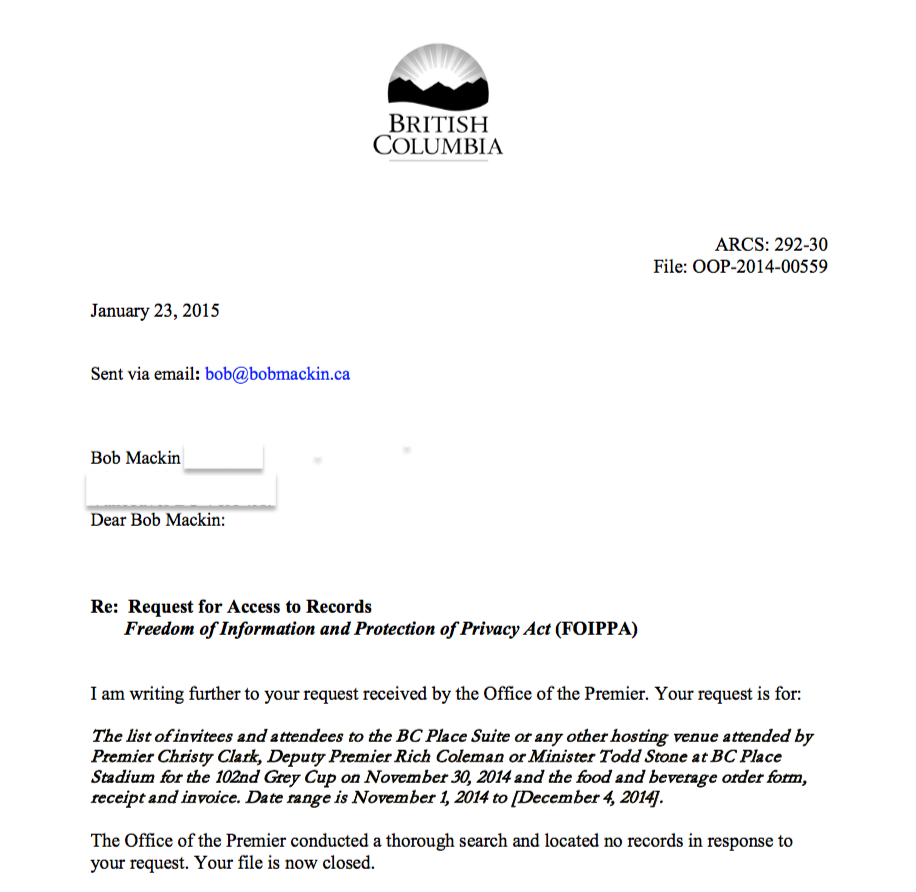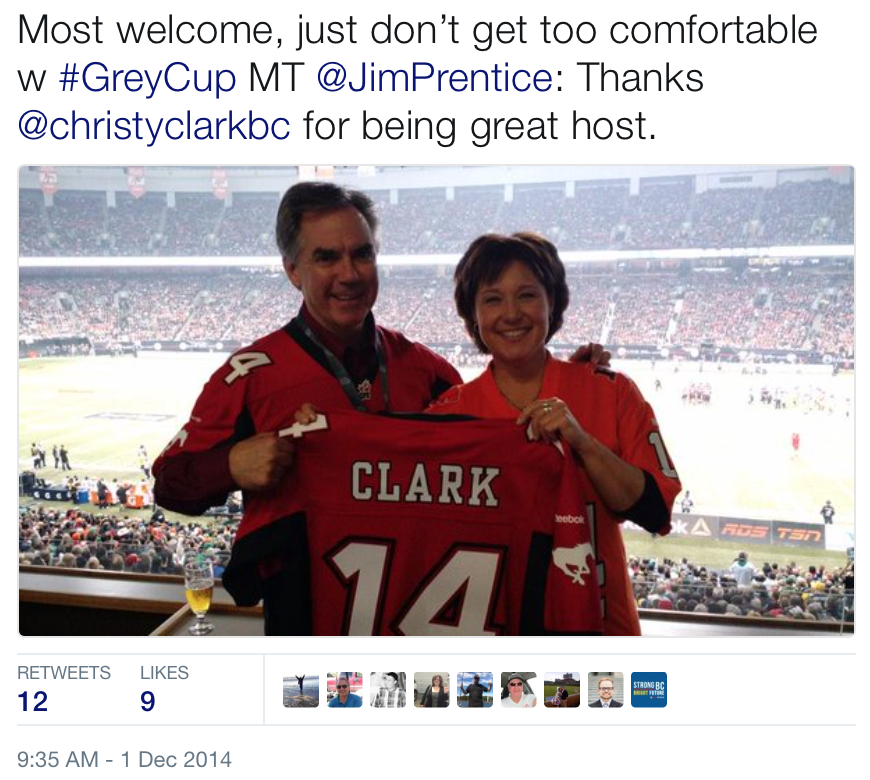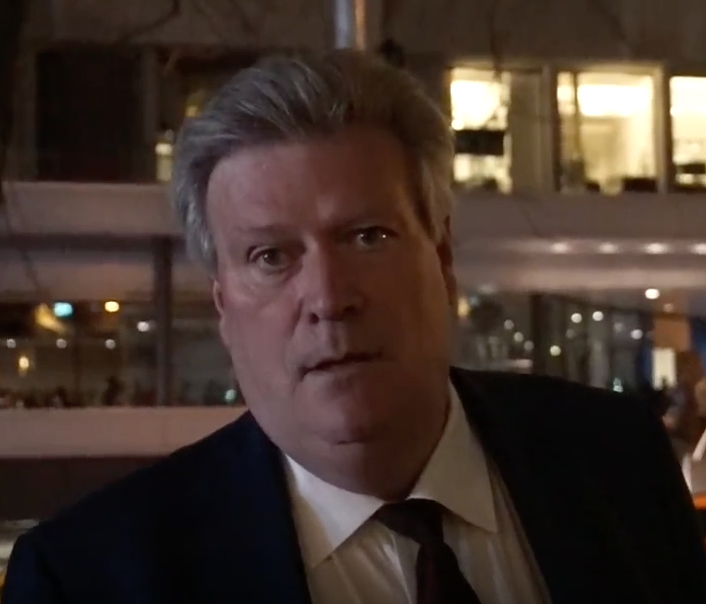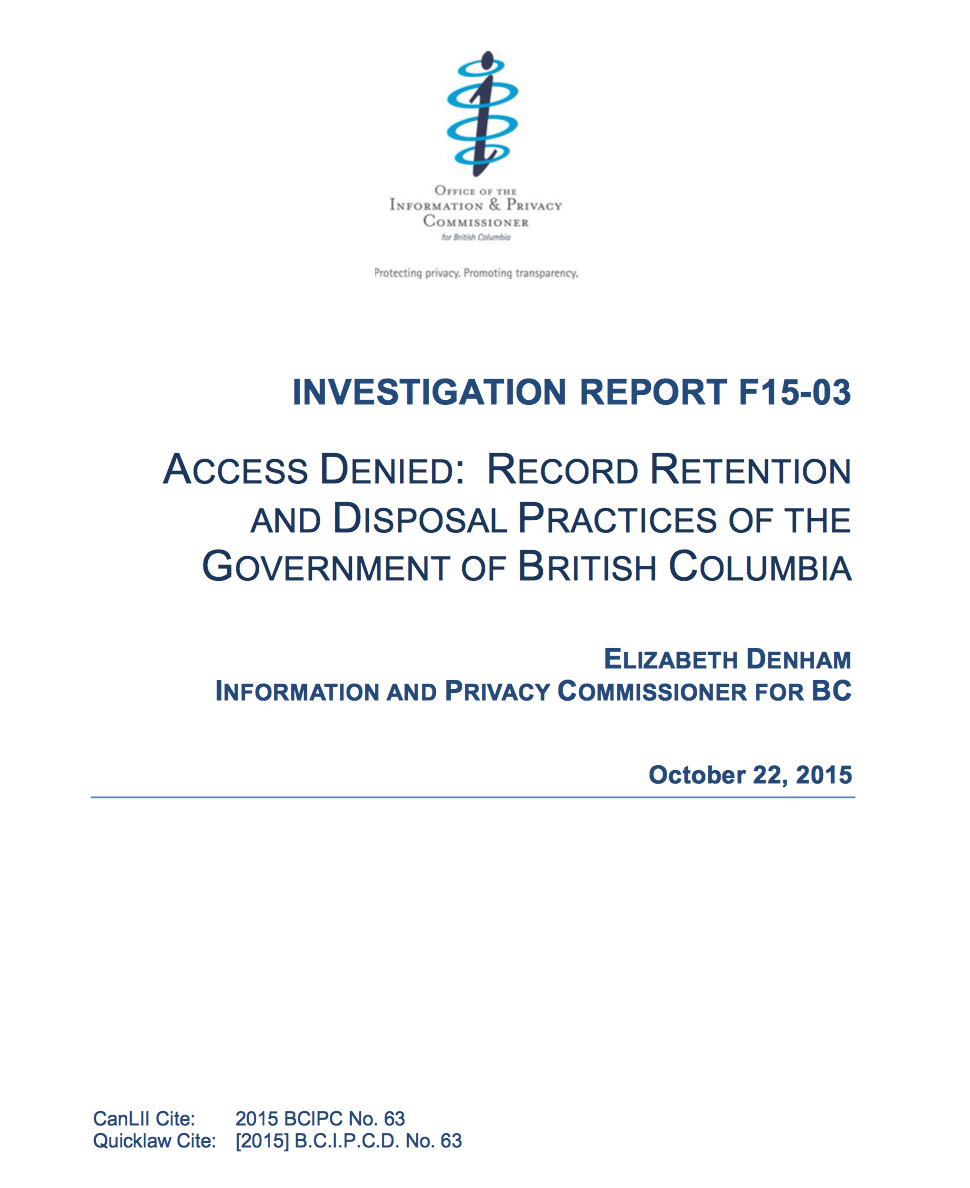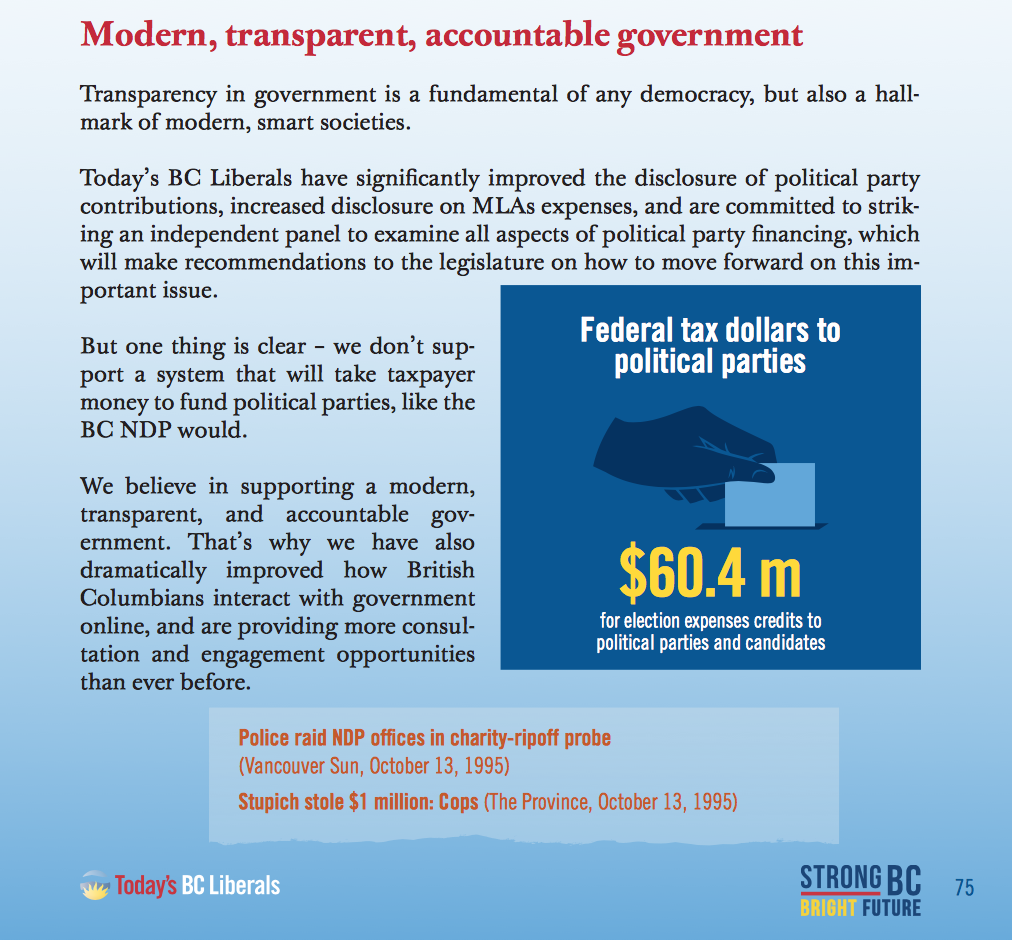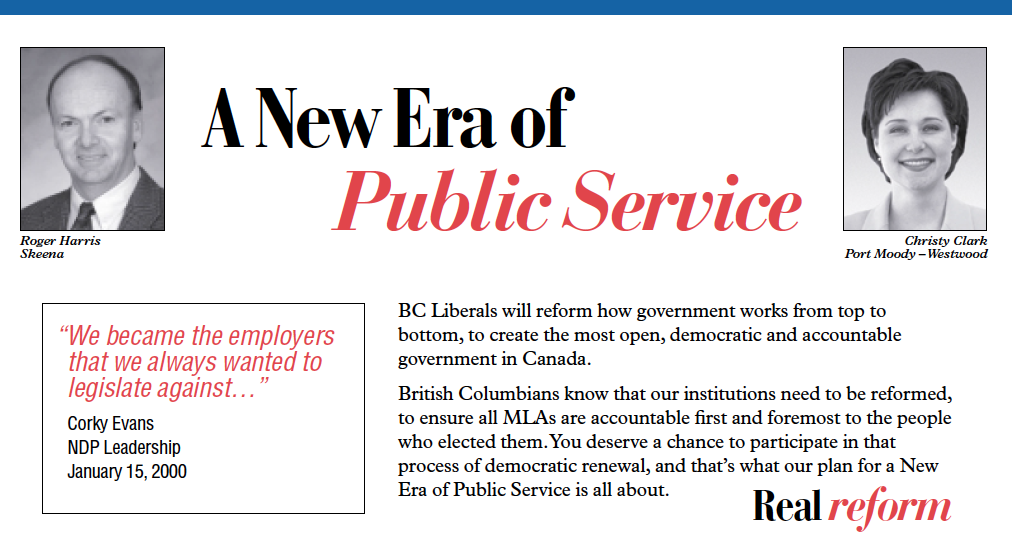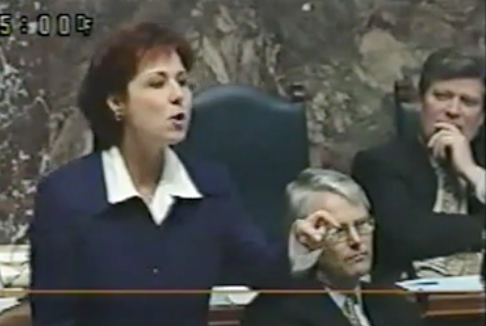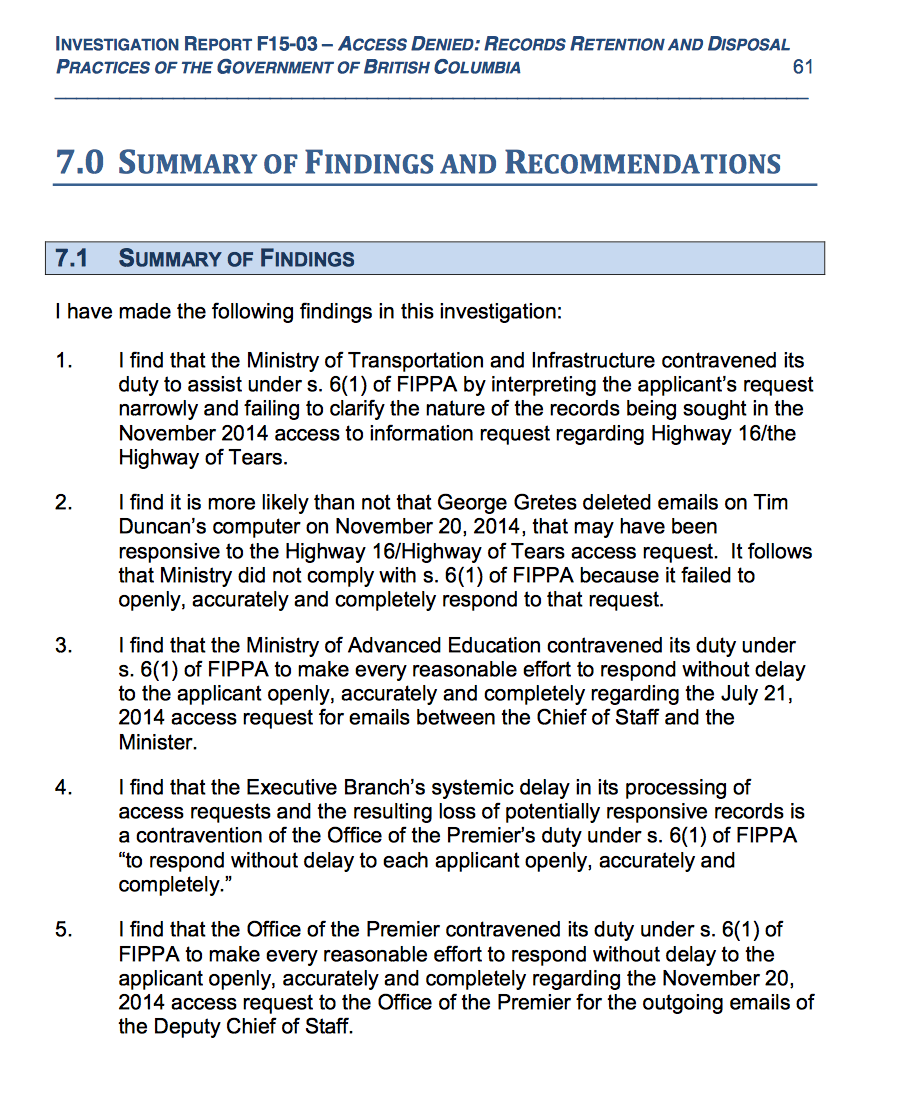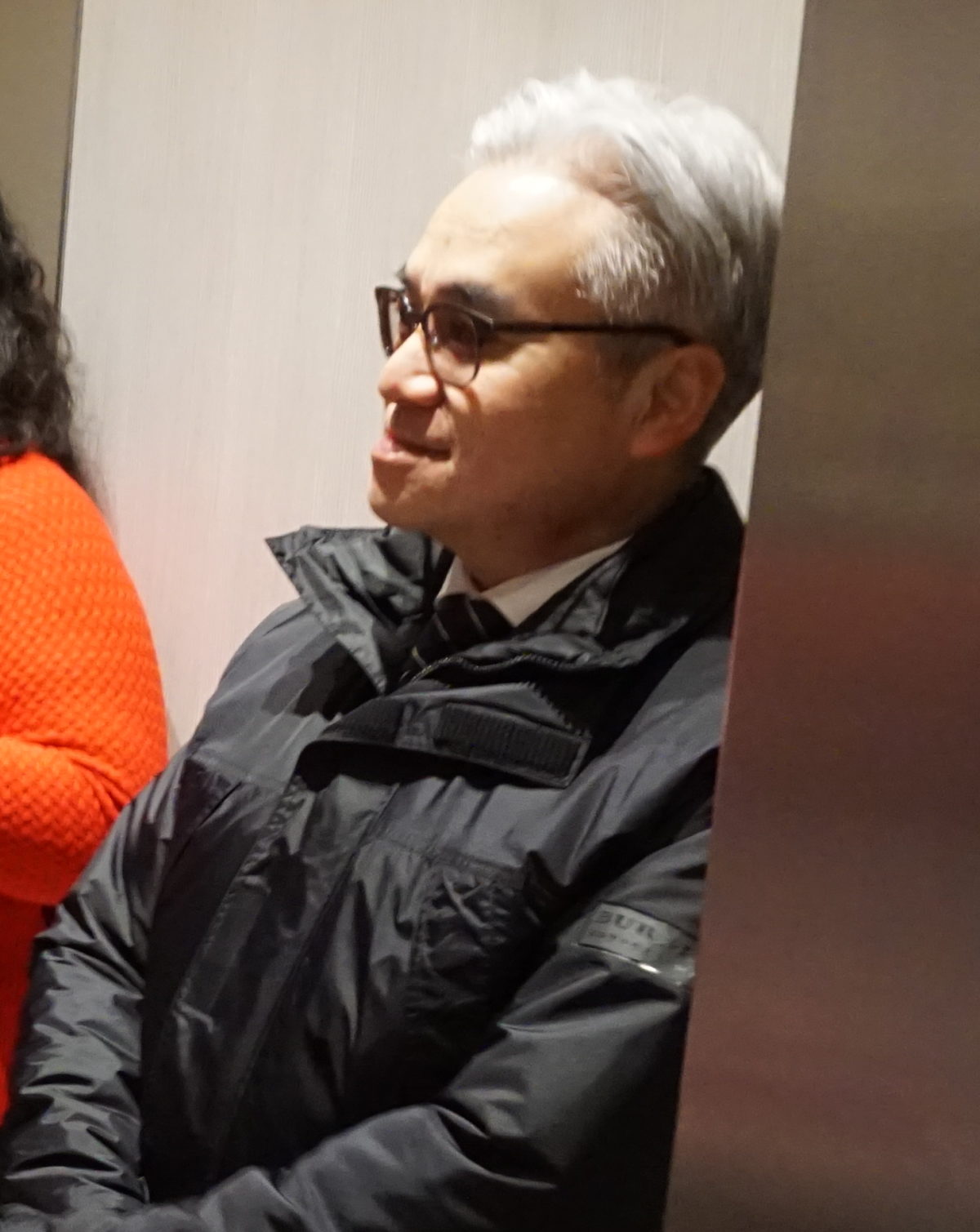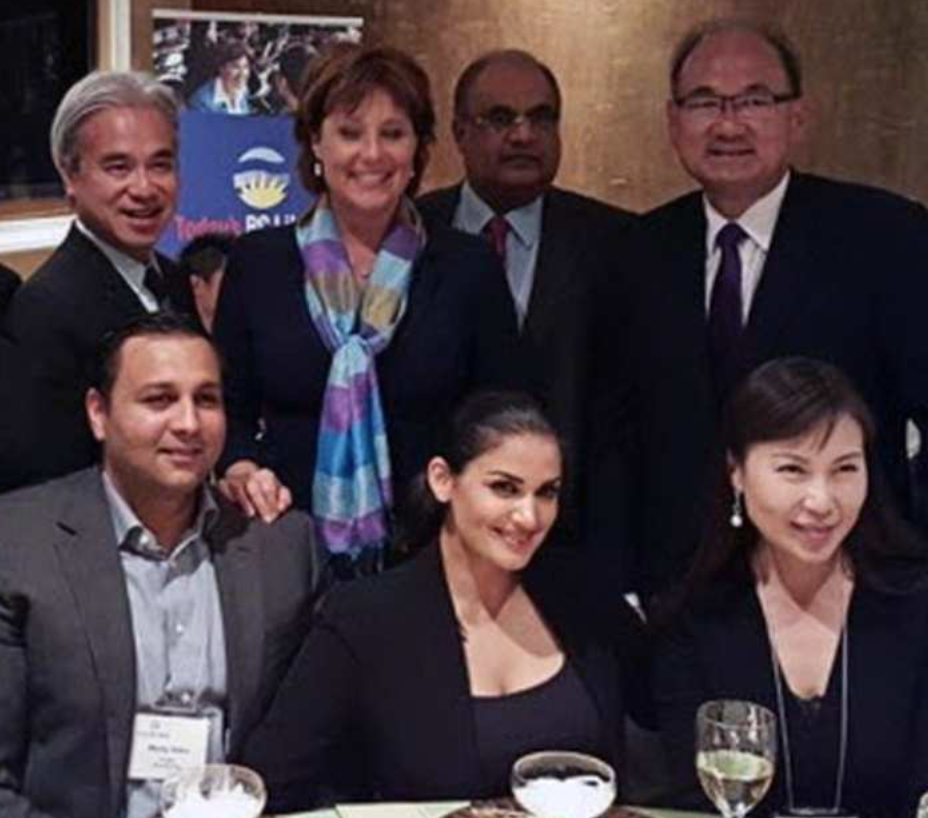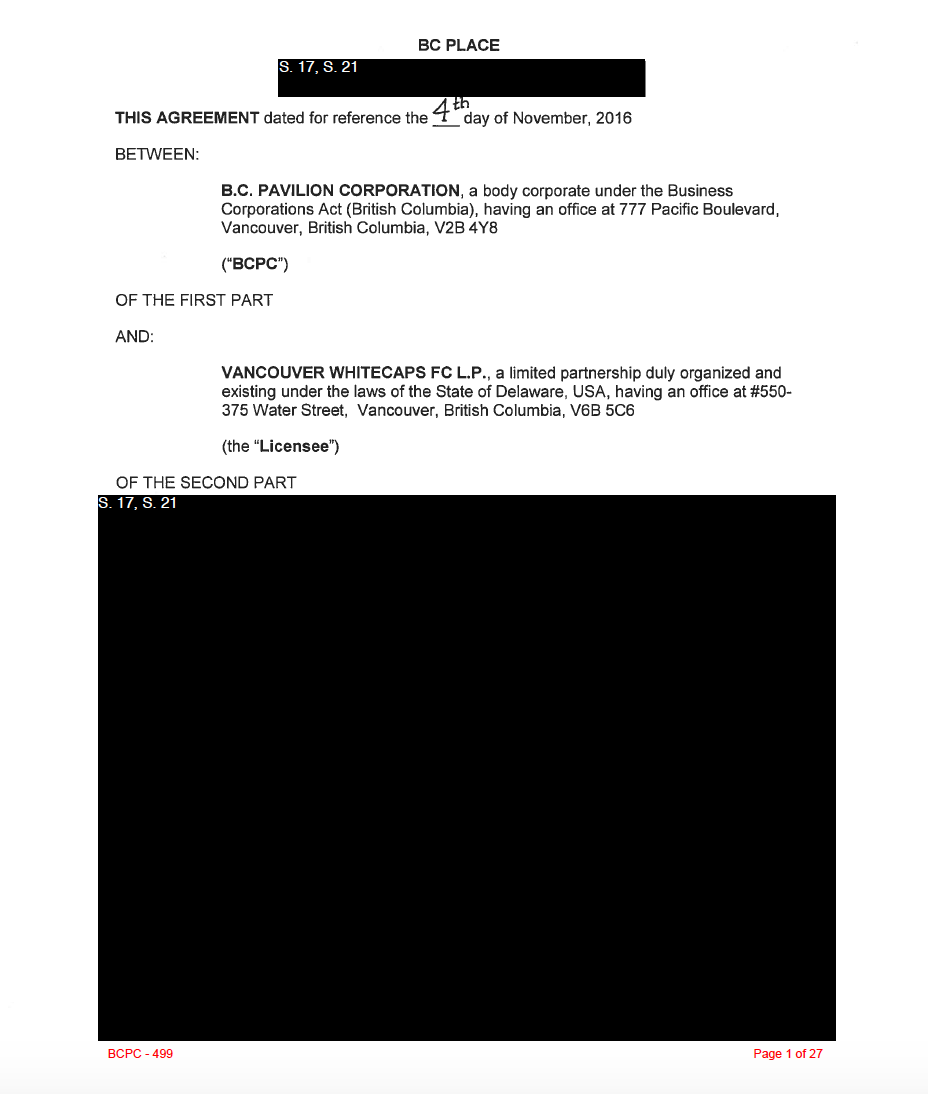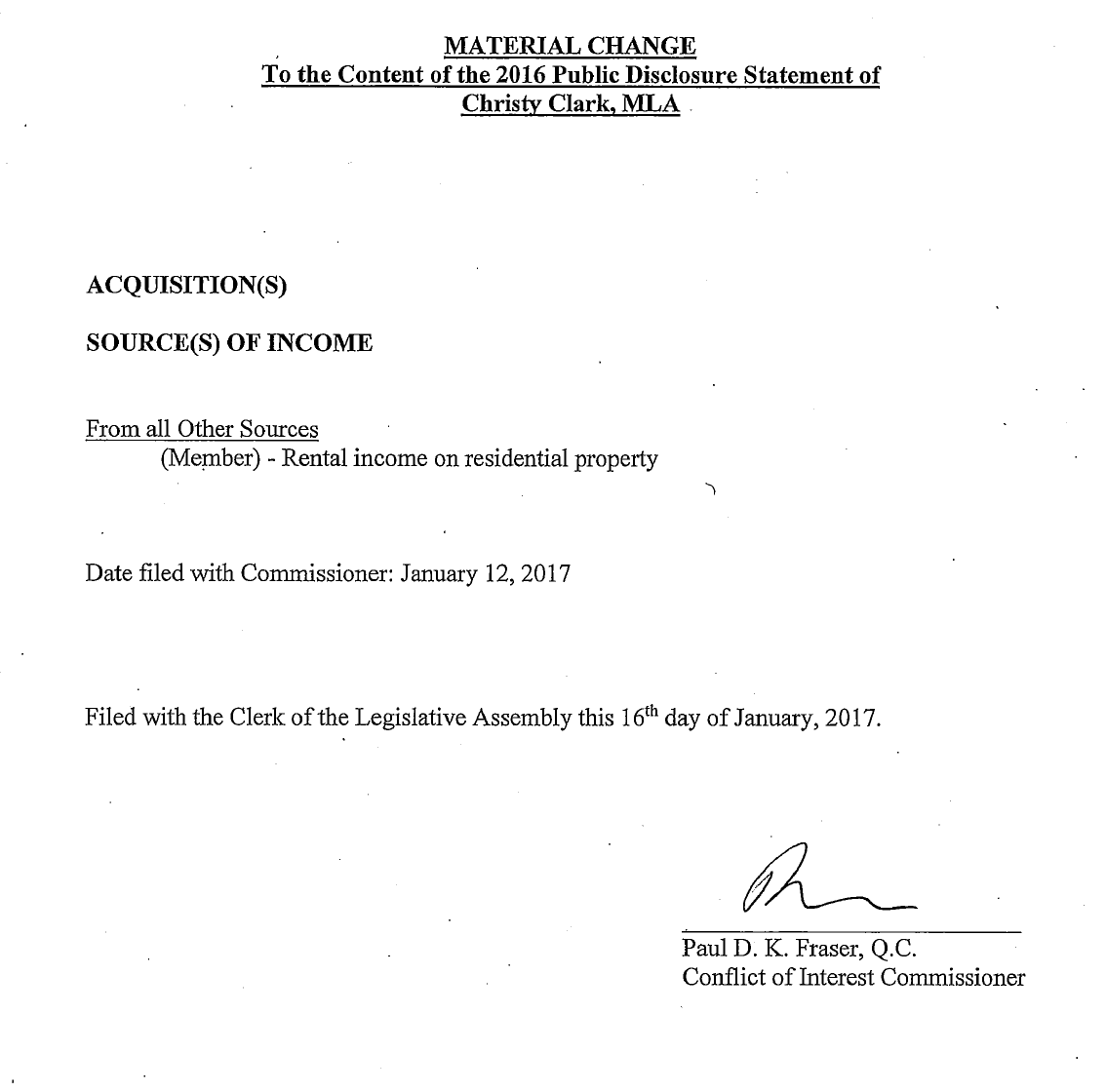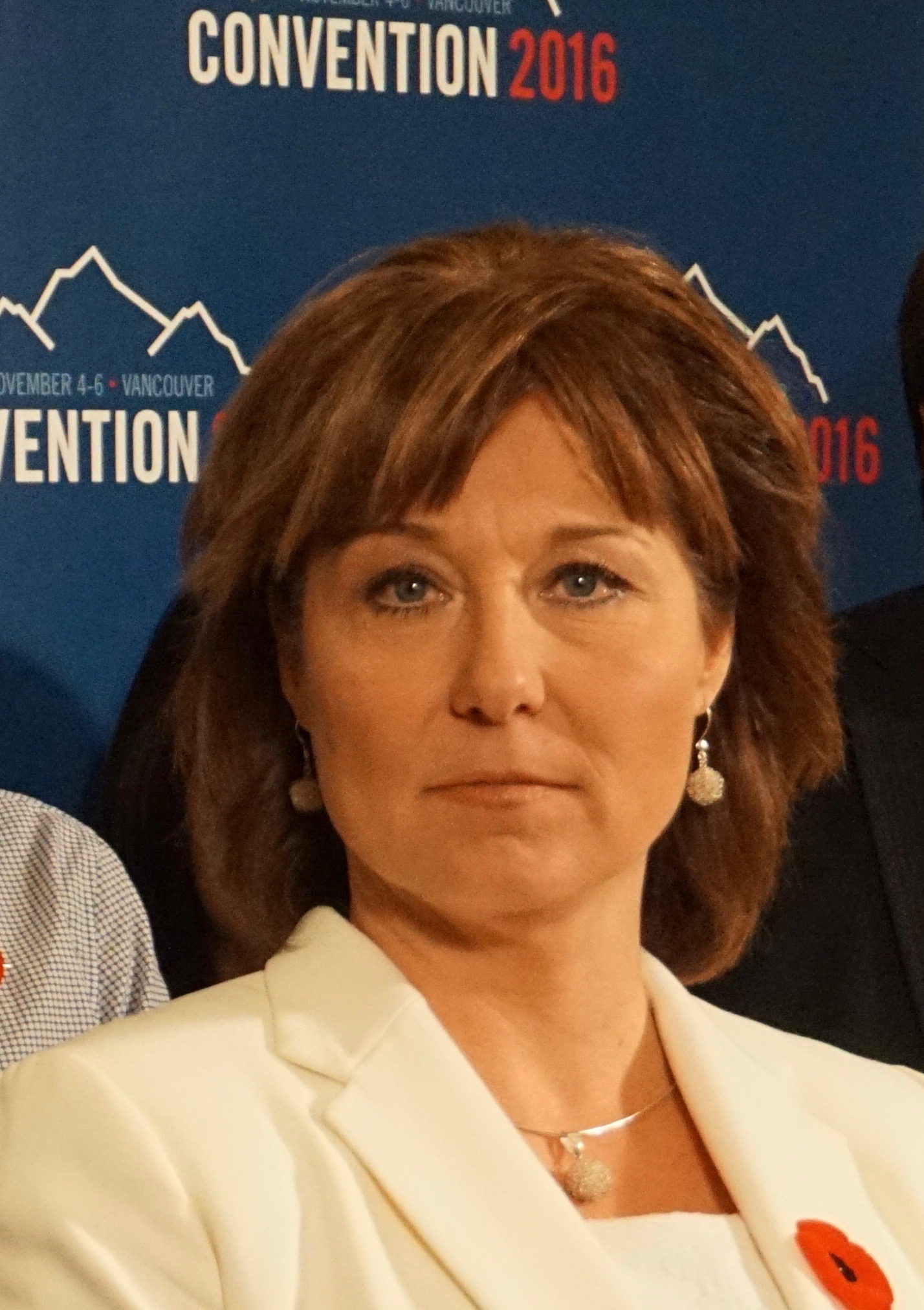The BC Liberal government was wrong to fire drug researchers Ramsay Hamdi, Robert Hart, Roderick MacIssac, Dr. Malcolm Maclure, Ron Mattson, David Scott, Dr. Rebecca Warburton and Dr. William Warburton. Whistleblower Alana James’ s allegations weren’t credible and the lead internal investigator, Wendy Taylor, went rogue. The RCMP never was investigating.
No evidence of political interference was found, but the 512-page report issued April 6 by Ombudsperson Jay Chalke paints a damning picture of systemic bullying, under the ultimate watch of Premier Christy Clark, Minister Mike de Jong and his hastily named replacement, patsy Margaret MacDiarmid. 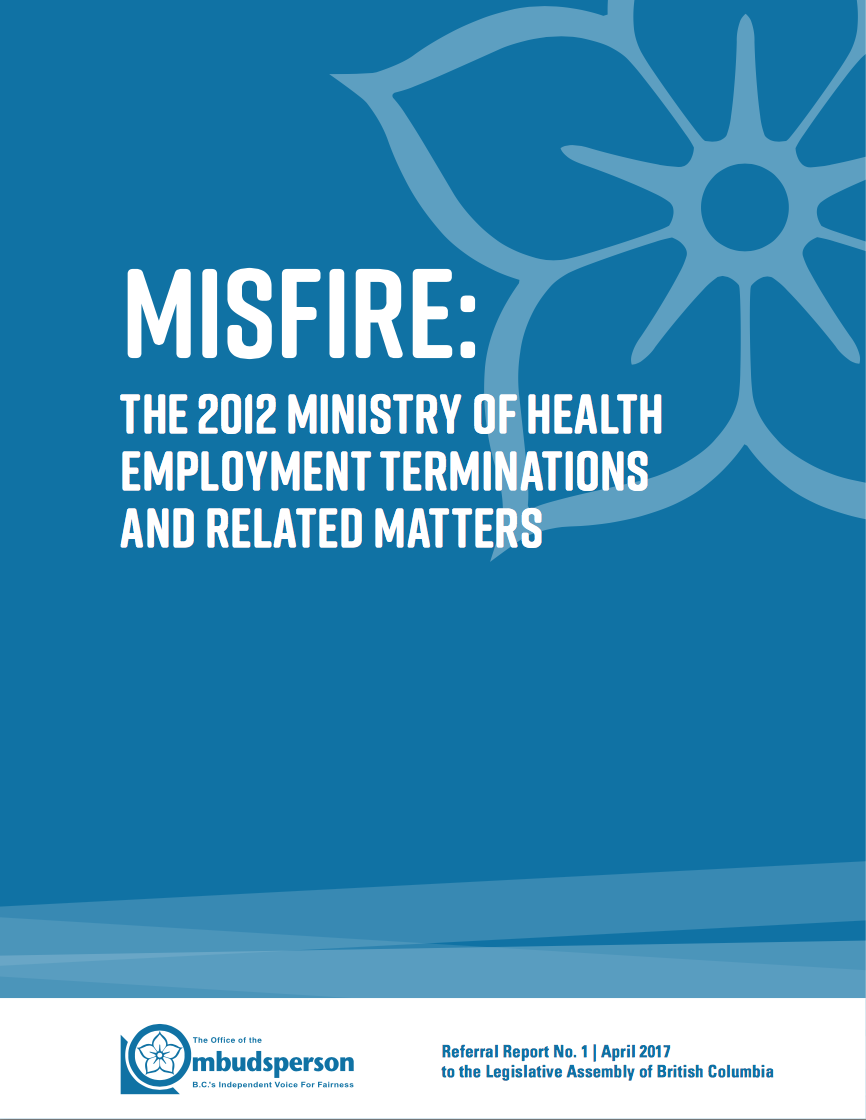
Clark dons a pink shirt once a year for anti-bullying day, but an office of the Ministry of Health became a year-round toxic work environment under dark clouds of fear, anxiety, loss of productivity at work, risk-aversion and, for some, health problems. It was an attack on science and scientists and nobody has been held accountable.
Innocent workers had nightmares police would raid their homes in the middle of the night. MacIsaac couldn’t take the shame of losing his job and died of suicide. Evidence shows that, when his performance was reappraised, nobody called to tell him so. In hindsight, it could have kept him alive.
Chalke’s report Misfire: The 2012 Ministry of Health Employment Terminations and Other Matters, is a long report, which you can find at this link, but theBreaker is publishing excerpts below. Many questions remain, but we are better informed than yesterday.
Every British Columbian needs to know about this dark chapter in the province’s history before they vote in the May 9 election. –Bob Mackin
Page 1: At about 2:30 p.m. on September 6, 2012, newly appointed Minister of Health Margaret MacDiarmid held a news conference to announce that her ministry had “asked the RCMP to investigate allegations of inappropriate conduct, contracting and data management practices involving ministry employees and drug researchers.”
The minister announced that an internal investigation had resulted in four employees being fired and three more being suspended. In addition, the contracts of two contractors were suspended and later cancelled. All access to data and research on drug and evidence development in the Pharmaceutical Services Division of the Ministry of Health were suspended, pending the outcome of the investigation. Government indicated this was a serious situation that had been uncovered through an internal investigation. The minister stated that she was “profoundly disappointed” to be dealing with this “very concerning set of circumstances.”
In the more than four years since that announcement, the individuals impacted by these decisions, including their families and colleagues, suffered significantly. Although government settled all legal proceedings with the fired employees, significant questions about the firings remained. Without clear information about why the firings occurred or about who made those decisions, various theories have emerged in the public discourse.
There have been reports issued related to certain aspects of the matter. A report released by the Information and Privacy Commissioner in June 2013 detailed apparent data breaches that had been reported to that office by the Ministry of Health. A review report by outside lawyer Marcia McNeil, delivered to the government in December 2014, shed some light on the internal investigation that led to the employee termination decisions, pointing to a process that was “ awed from the outset, as it was embarked upon with a pre-conceived theory of employee misconduct.”
Health minister briefed
Page 133: On August 3, 2012, Mr. Whitmarsh briefed then-Minister of Health Michael de Jong about the investigation. In a draft letter summarizing the meeting, Mr. Whitmarsh wrote:
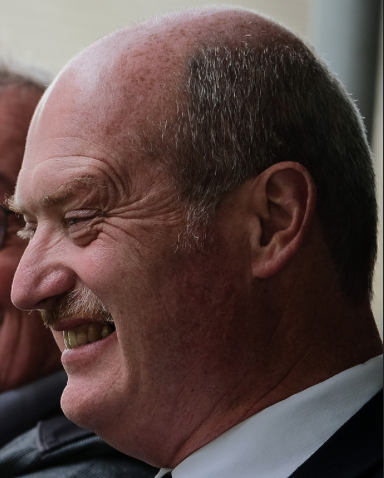
Career politician de Jong
This is further to our discussion on August 3, 2012 when I briefed you on an investigation that was actively under way under my direction. This investigation into inappropriate data access arrangements and intellectual property infringements; irregular procurement, contracting and research grant practices; and standards of conduct policy conflicts and preferential treatment in employee-contractor relations within the Ministry of Health (primarily its Pharmaceutical Services Division – PSD) commenced after our being contacted by the Office of the Auditor General.
The letter further noted that Minister de Jong had directed Mr. Whitmarsh to “take all necessary actions to identify and address the risk, ensure compliance with government policies and pursue employee disciplinary actions if warranted.” Minister de Jong remembered being told that a serious data breach had taken place, which was some- thing taken seriously by the government. Mr. Whitmarsh told us he warned the minister that this “had the potential to be a really significant issue” both in terms of privacy and contracting.
Clark did not have a specific recollection
Page 134: At some point after his meeting with Mr. Whitmarsh and before the employee terminations on September 6, 2012 Mr. Dyble briefed Premier Christy Clark on the issue. He recalled mentioning it to her as an issue which might possibly come up. However, he told us that he kept the briefing high level and focused on the alleged privacy breach, on the basis that any related human resources issues were a public service matter in which politicians should not get involved. He recalled the discussion as follows:
I mentioned that we had a data breach to the Premier and that there was an investigation going on – and that is the level I would have dealt with the Premier on it. Because there was a potential human resource role in here – I would have kept her away from it … whether or not you believe that’s the right thing to do but I believe that the public service should – the politicians shouldn’t get involved in human resources. Most of what I would have told her about was the data breach ‘cause that’s where the politics went in.
Premier Clark did not have a specific recollection of being briefed on the matter prior to the terminations.
“It started out with no paper”
Page 199: On September 5, 2012, Dr. Margaret MacDiarmid became Minister of Health, replacing outgoing Minister Mike de Jong, who became Minister of Finance. By this time, both the news release and the accompanying communications materials were in the final drafting stages.
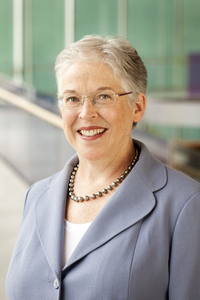
Margaret MacDiarmid
According to Minister MacDiarmid, Minister de Jong told her that he had left her with a “pretty big problem” and apologized in advance. Immediately after she was sworn in, Mr. Whitmarsh told Minister MacDiarmid that he had to brief her. Minister MacDiarmid was “horrified” by the situation Mr. Whitmarsh described. He explained how a “whistleblower” had come forward, was ignored within the ministry, and then took her complaint to the Auditor General. The resulting “complex investigation” by the Ministry of Health had uncovered many problems. Minister MacDiarmid recalled that the problems were described in two ways. First, researchers were allegedly finding ways to work around the policies and regulations that governed access to health data. This included transferring personal health data onto unencrypted devices and possibly selling data. Second, contracts were allegedly being direct-awarded at a low rate, but the contracts’ costs then increased significantly, as a way to circumvent direct-award rules.
Minister MacDiarmid’s executive assistant, who had also started in the ministry that day, recalled being taken aback at the substance of the briefing and surprised by the way Mr. Whitmarsh briefed the Minister – he provided her with no options about the best way to proceed, which was inconsistent with her previous experience. This individual observed that Mr. Whitmarsh was very much directing the Minister on the next steps to take.
Minister MacDiarmid’s shock at the contents of this briefing arose in part from her time at the Ministry of Labour, Citizens’ Services and Open Government, where she had
seen the conscientiousness with which public servants performed their duties. Given this experience, she was surprised that a group of public servants would – as was described to her – be “bending the rules and going around the rules.” She believed that the matter was reported to the RCMP because two unencrypted flash drives that were believed to have data on them could not be found – and thus were presumed stolen.
Minister MacDiarmid recalled that, from her perspective, “one of the things that I was really gobsmacked by was that people were being fired. I didn’t remember anyone being fired. People got severed and they got huge piles of money.”
At the briefing on September 5, 2016, Mr. Whitmarsh provided Minister MacDiarmid with a verbal overview of the investigation. She did not see any of the underlying evidence supporting the allegations, nor did she receive a copy of the Relationship Web that Mr. Whitmarsh had used to brief the Deputy Minister to the Premier Mr. Dyble. Instead, Mr. Whitmarsh provided most of the information about the investigation verbally. In our interview with her, Minister MacDiarmid reflected on the lack of documentation that was presented to her once she became minister:
… I never saw, like, any of the interviews or anything like that at all. And … those pieces of information, I feel like those were verbal… It was, you know, people walking me through and of course that’s why I then have to count on my memory because you can’t provide me with a briefing note that says this is what happened.
And now that I reflect on that, it’s unusual. You know, it started out with no paper because I’d just started today. There’s no time for people to give me, you know, 48 hours. This is a big explosive issue, we’ve got to deal with it now. So I – I didn’t even question.
But as time went on, this stands out for me. Other things that I would have met with Graham and other ADMs and so on with, I would have always had paper on them. It would be very unusual. Whereas this one continued to be verbal, and Graham and I talked about it frequently.
And I don’t remember getting a lot of paper on this.
When we interviewed her, Minister MacDiarmid took responsibility for her decision to appear at the press conference on September 6. She believed that she had to be accountable for what had gone wrong. However, it is clear that at the press conference, and in subsequent media appearances, she was operating on very little information.
“Because I assumed that it was true”
Page 204: Ms. [Athana] Mentzelopoulos told us she would have supported the mention of the RCMP referral as long as it was true. In her view, government needed to demonstrate that it was serious about dealing with the privacy breaches, and describing the referral to the RCMP would show such leadership. However, in the interview with us, she said she had misjudged how news of the privacy breach would quickly be overrun by the news of the dismissals and the RCMP referral In the end, the final news release stated in the first line, “The Ministry of Health has asked the RCMP to investigate allegations of inappropriate conduct, contracting and data-management practices involving ministry employees and drug researchers.”

Athana Mentzelopoulos
Despite the intensive discussions about the content of the news release, Minister MacDiarmid was unaware until years later that there had been internal debate or legal advice about including mention of the RCMP in the news release. No one shared the concerns we have described above with the minister. She told us:
I just did not understand the consequences of even breathing the letters RCMP. I had no idea and no one told me……
It is clear that there was considerable confusion on September 6, 2012 over the content of the press release and, looking back, who had the final say as to the contents. Whatever the general practice was, the rushed events of that day meant that the issue was being actively considered until only a few minutes before the public release. It is important to note that GCPE supported the communications approach up to and including the Deputy Minister level. Ms. Mentzelopoulos conceded that she thought that it was important to have the RCMP in the press release, “because I assumed that it was true.” The GCPE Communications Manager had already confirmed the RCMP involvement to the Vancouver Sun, which had reported the fact that morning.
The decision to make a public announcement about this investigation was driven by senior public servants wanting to demonstrate that the government was fulfilling its duty to inform people whose information may have been compromised, and to reassure the public that it was in control of the issue. However, this was a problem that government created for itself. The fact that employees were suspended without pay so early in the investigation led Mr. Whitmarsh to be concerned that there would be a leak about the investigation. This prompted him to ask GCPE to become more involved in the matter, going so far as to have GCPE representatives join the weekly meetings in August 2012, where he and investigators discussed the impending dismissal decisions.
MacIsaac should not have been dismissed
Page 208: It is our conclusion that Mr. MacIsaac’s employment dismissal was wrong. We base this conclusion on the following:
The interviews were conducted unfairly
The dismissals were based on incorrect or incomplete evidence about Mr. MacIsaac’s PhD research and his access to and use of ministry administrative health data
It was inappropriate and unfair to infer from Mr. MacIsaac’s conduct in the interview or his refusal to sign the data declaration that he was attempting to mislead the investigation team
Mr. MacIsaac should not have been dismissed from his employment.

Late Roderick MacIsaac, one of the health researchers wrongly fired.
After his dismissal, an investigator reviewed Mr. MacIsaac’s communications with respect to data access. On November 27, 2012, he determined that it was highly unlikely that Mr. MacIsaac had taken any data away from the ministry:
Roderick worked a fair bit at home, but it appears that there was an understanding that he had to work at the office when working with sensitive data. Nevertheless, he wouldn’t be working in a vacuum, and there would have been government documents that he either developed at home or that he took home to work with.
While he was provided copies of CCH survey and administrative data on his PC at the office which provided an opportunity to copy the data and bring it home, I have never found anything that suggests that he ever brought home any sensitive data, either PI or anonymized, or sent any of this data to UVIC accounts. Rather I found that he was adverse to the idea of handling this information at home and also that Rebecca instructed him to only work with “CCHS” and “admin data” at the office.
As far as we can determine, the ministry did not contact Mr. MacIsaac to inform him of this reappraisal of his conduct.
“I lost faith in the government”
Page 362: The investigation affected individuals differently. There were, however, some common themes: fear, anxiety, loss of income and resulting financial uncertainty, harm to reputation and careers, harm to relationships, and, for some, health problems.
One witness told us, “I was excessively worried about being able to continue to provide for my family, my reputation.” In some cases, the family members of the individuals under investigation had to cease their own work or educational commitments to provide emotional support. As one witness told us she “couldn’t keep up” her business because “my husband needed me.” One witness told us his spouse described him as “absent, unhappy, stressed.”
Another witness explained that the stress she incurred by being treated unfairly through the investigation process and the loss of a job she loved caused her to break down physically and emotionally and was the “tipping point” for the dissolution of her marriage.
Another witness told us that they suffered from recurring nightmares. One witness said that she was unable to return to the Ministry of Health building for almost a year due to the anxiety and trauma she suffered.
A number of witnesses related instances of colleagues – locally, nationally and internationally – questioning their integrity as a result of their public connection to this matter and the implication that they had engaged in criminal conduct. They described how this affected their ability to participate fully in their communities.
Some of the affected employees and contractors have cited significant difficulties finding other sources of employment. Some individuals described the impact of the 2012-2013 investigation as career-ending…
Many expressed frustration that their years of contributions to the public service or work in the public interest had ended so abruptly and
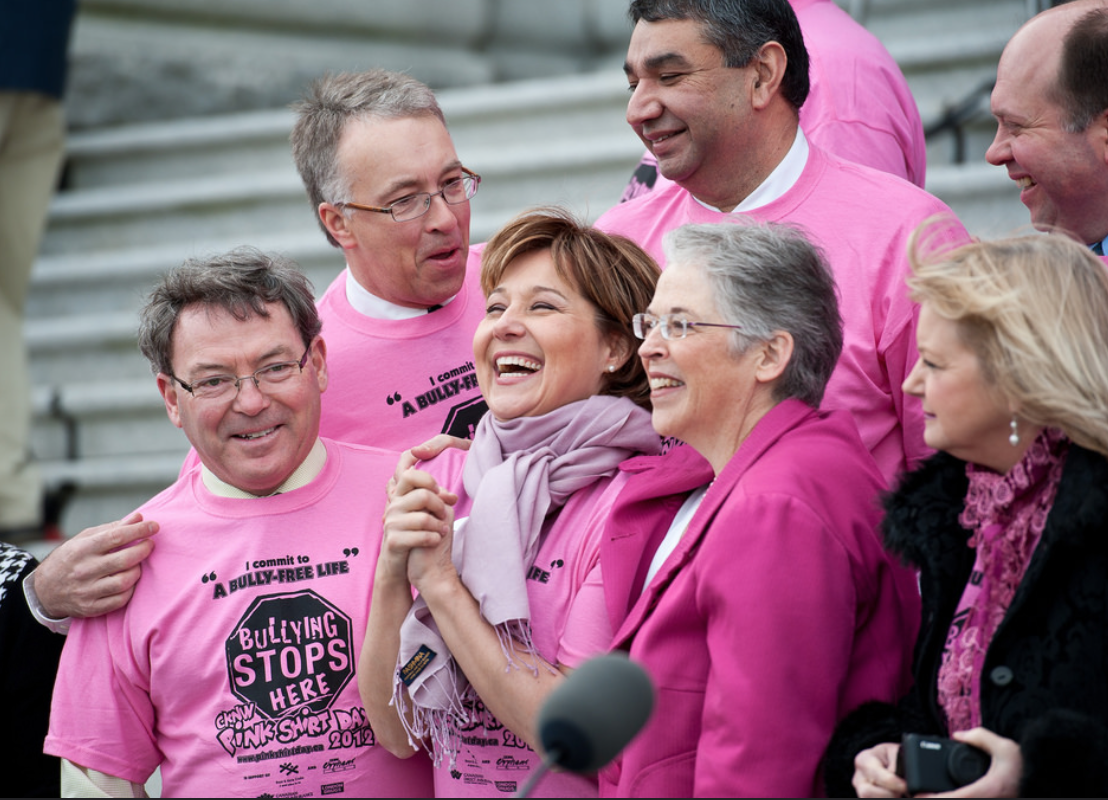
Clark and caucus mates in 2013. (BC Gov)
negatively. One witness explained how his experience with the investigation had undermined his belief in the values of the public service. Another witness told us, “I lost faith in the government … when it’s your own government that’s really unsettling. Not just any government. This is a government in Canada. This is Canada.” Another witness expressed how “hard it is to raise teenagers to believe in government when this is going on, and we had a house full of teenagers at the time that this is all happening … and they are interested. How do you defend the role of government when this is going on?”
The decision to refer publicly to police involvement contributed significantly to the negative impacts we have described above. It created a sense of fear and undermined people’s reputations in the community.
One of the fired employees told us, “we were always scared … when the doorbell rings, I get a jolt of I’m scared … I never used to feel that way. It’s just very bizarre.” This witness described how another fired employee returned home from work to see police cars on his street and thought the RCMP had come to arrest him. This witness continued, “we were all petrified. I had nightmares for months.”
Even those who were not connected to the public announcement, and who had not been part of the initial investigation, told us they wondered “if the RCMP were going to appear at the front door and remove all the computers from our home.” This witness told us, “I was surprised how stressed I was” and decided to end all ties with the ministry…
Following the initial media coverage and the government news release, this matter has remained in the public sphere. In addition to continued media attention, matters relating to the investigation were publicly reported on by the Office of the Information and Privacy Commissioner and as part of the McNeil review. Issues relating to the legal proceedings were the subject of media attention and government press releases. The leak of the Office of the Comptroller General report gave renewed life to allegations against some of the employees. Similarly, our investigation and the release of this report will continue to keep this matter in the public domain…..
Many staff across the Ministry of Health were negatively affected by the investigation, the dismissals, and the aftermath. Common impacts included fear, anxiety, loss of productivity at work, risk-aversion and, for some, health problems.
A number of projects in the fields of health research, evaluation, health education and public health were delayed or never completed due to suspension of data access.
The BC Liberal government was wrong to
